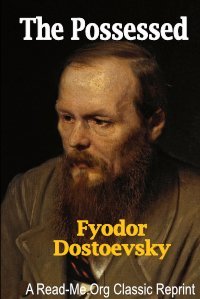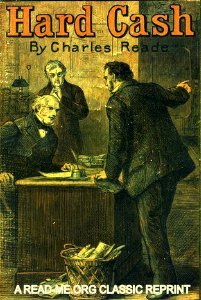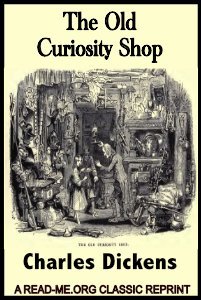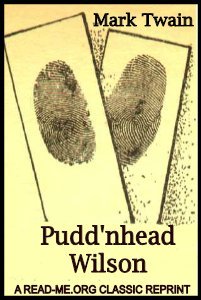By William Handel Richardson
'The Getting of Wisdom' is a compelling and frank account of a young girl's coming of age. It tells the story of Laura Rambotham and her struggle to be accepted by her peers at a new school.
Henry Handel was the pseudonym of Ethel Florence Lindsay Richardson. She was born in 1870 in Victoria. Her family was fairly well-off in the early days, but fell on hard times, after her father died. She attended the Presbyterian Ladies’ College in Melbourne from age 13 – 17.
The Getting of Wisdom was written in 1910, but was set in 1890’s Melbourne & loosely followed Richardson’s own experiences at boarding school. Curiously none of the girls (or women) in The Getting of Wisdom are very likeable. They’re mean, snobbish, selfish & bitchy. Even Laura, who you empathise with at the start, never learns from her mistakes. And in fact, her self-deception, lying, cheating & self-absorption at the expense of others grew worse with time. At the end, while wondering “wisdom, what wisdom?”, Richardson did have some interesting things to say about conformity, creativity, moderation, honesty, integrity & the status of women in Victorain society, via her characters.
London. Heinemann. 1910. 209p.





















